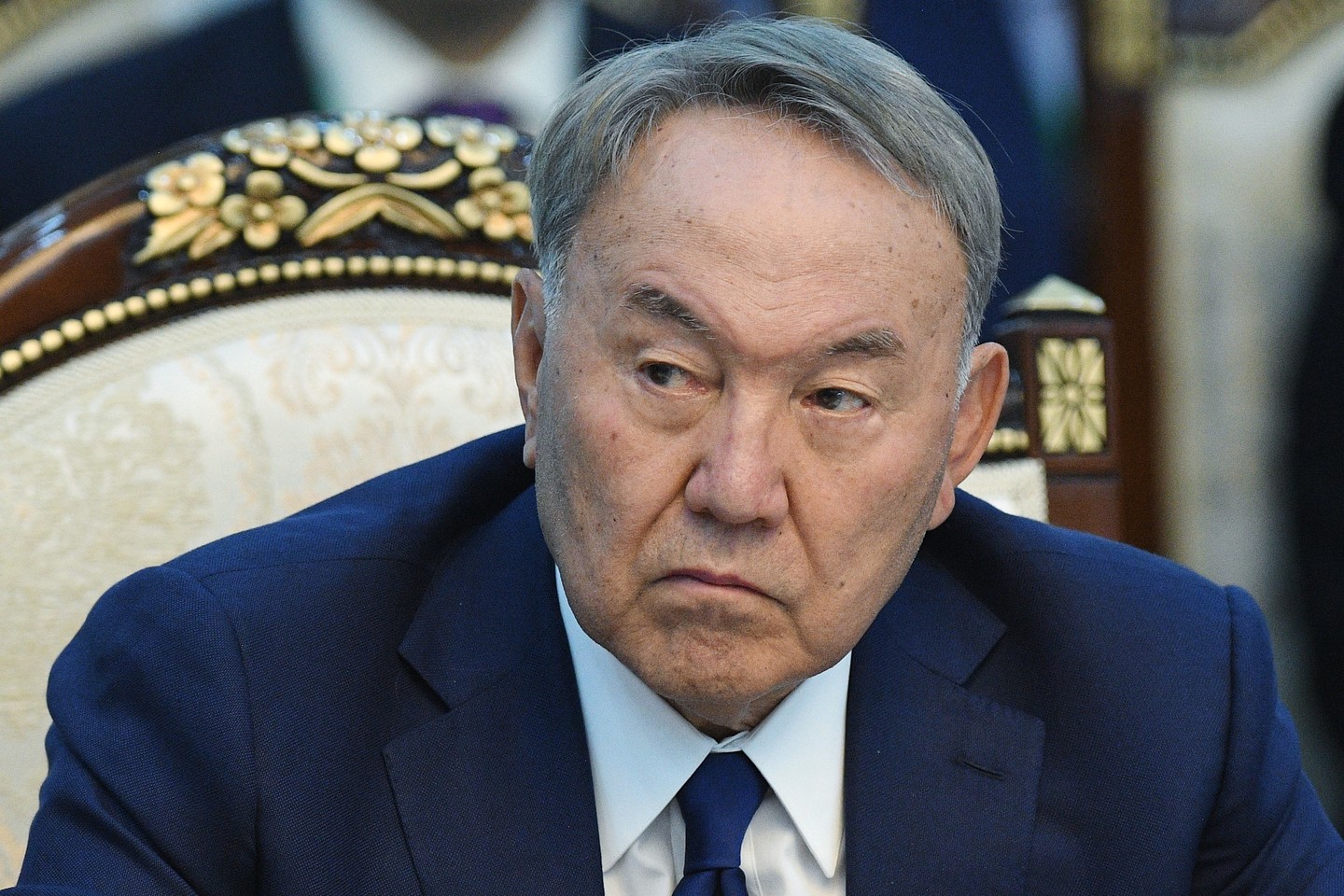Earlier this month Kazakhstan’s President Nursultan Nazarbayev approved a new, Latin-based version of the script in which Kazakh will be written, replacing the Cyrillic alphabet currently used.
“The activities of the parliament and the government should be carried out in the state language,” Nazarbayev said on Monday during a meeting with country’s Minister of Communications and Technologies, Dauren Abaev. Russian is also recognized as an official language in Kazakhstan, a country that was a part of the Soviet Union until 1991.
“At the same time, citizens’ rights in this issue must not be violated. For this [purpose] there are possibilities of simultaneous interpretation.”
A government-sponsored project to change the script had been announced in 2012, although the idea of ditching what was a Soviet legacy was floated as early as the creation of the modern state of Kazakhstan, in 1992.
A government-backed policy known as “2025 Strategic Development Plan” lays out the timeline through which Kazakhstani officials expect the necessary changes to be made. By 2025, all government documents, road signage, and school textbooks will be written using the new script.
A series of debates between academics, linguists and public representatives have weighed in on the pros and cons of re-writing the alphabet. By January, a modified version of alphabet was unveiled, which uses diacritics to denote sounds found in the Kazakh language that are not present, for example, in English or romance languages.
The project to re-write the language hasn’t come cheaply – Astana budgeted about $3 million – and some have warned that changing the script will result in a generational gap.
“The experience of other countries has shown that not only very old people, but even those aged between 40-50 years cannot learn a new script,” said Andrei Grozin, the head of the department of Central Asia and Kazakhstan at the Institute of the CIS countries, according to a story published by RT in October.
“As a result, the accumulated knowledge will remain with them, regardless of their ideological orientation.”
Dmitry Aleksandrov, an expert on Central Asia, agrees with Grozin, having said, “This step can cause very ambiguous consequences for the Kazakhstani society and lead to the creation of a serious barrier between generations.”
Aleksandrov also warned that younger generations will not have access to what he calls their cultural heritage, as the letters and writings of previous generations, as well as the literature published in the Soviet and post-Soviet periods, will not be reprinted and eventually become un-readable.
At the same time, the 20 percent out of the Kazakhstani population of 18 million who identify as Russian will be affected by the change. While some says the decision will force Kazakhstan’s Russians to leave the country, others believe such a conclusion is reactionary.
“The Kazakh language will be switched to the Latin alphabet, while the Russian language remains in Cyrillic, and the transition will not have any effect to the Russian language,” Maksim Kaznacheev, a political analyst, told Caspian News.
“In clerical work, bilingualism will persist, since the status of the Russian language is enshrined in the constitution. The matter is that documents published in Kazakh will be in the Latin alphabet, and the documents in Russian will remain in the Cyrillic alphabet, as they’ve always been.”
Until 1920, Kazakhstan used the Arabic script, while in 1928 the Soviet Union approved a single alphabet for the Turkic languages based on the Latin alphabet. In 1940 it was replaced with the Cyrillic alphabet, used until the present day.







 Iran's senior military leaders described the drone and missile attack on Israel on April 14 night as “successful".
Iran's senior military leaders described the drone and missile attack on Israel on April 14 night as “successful".
 Azerbaijan officially unveiled the logo for the upcoming 29th session of the Conference of the Parties to the United Nations Framework Convention o...
Azerbaijan officially unveiled the logo for the upcoming 29th session of the Conference of the Parties to the United Nations Framework Convention o...
 Iranian President Ebrahim Raisi warned Israel that it would face a "real and extensive" response if it makes any "mistake" following Tehran’s missi...
Iranian President Ebrahim Raisi warned Israel that it would face a "real and extensive" response if it makes any "mistake" following Tehran’s missi...



